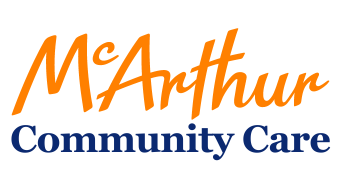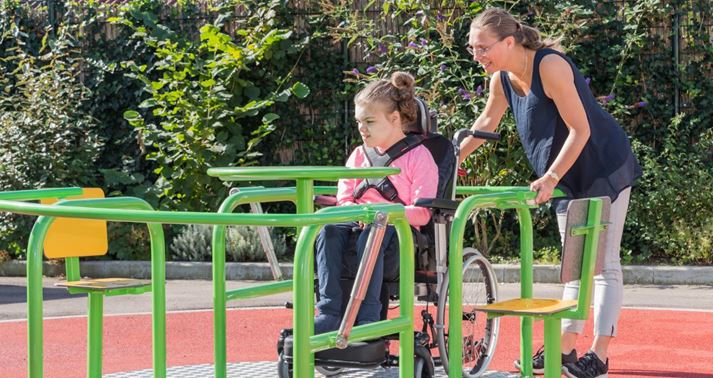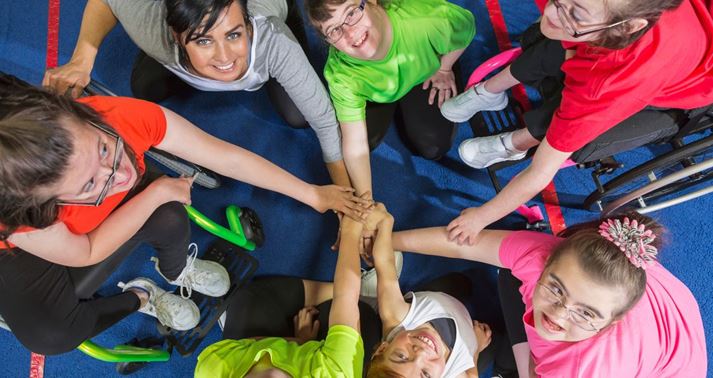Essential Credentials and Qualifications You Need to Work as a Disability Support Worker
04 December, 2023

The disability support sector in Australia plays a vital role in empowering people with disability to live independently and with dignity. As demand for quality support workers continues to grow under the National Disability Insurance Scheme (NDIS), understanding the mandatory checks, credentials, and training requirements is crucial for anyone considering a career in this rewarding field.
Whether you're a prospective disability support worker or a participant (or their family) seeking trusted care, this guide outlines the essential compliance, qualifications, and character requirements involved in becoming a support worker in Australia.
Why Compliance Matters in Disability Support
Disability support workers often work closely with people who may be vulnerable, including individuals with intellectual disability, psychosocial disability, or complex health needs. The role requires a high level of professionalism, trust, and ethical responsibility. To ensure safety and quality in care delivery, the NDIS and employers across the sector require workers to meet strict standards before they can be engaged.
Compliance with these requirements also protects support workers by providing the legal and professional framework they need to perform their roles confidently and competently.
Mandatory Checks for Disability Support Workers
Before a support worker can begin working with NDIS participants, several checks are legally required. These checks help verify that workers are suitable to provide safe, ethical, and high-quality care.
NDIS Worker Screening Check
The NDIS Worker Screening Check is a national requirement for workers delivering NDIS-funded services. It assesses whether a person poses a risk to people with disability and determines their eligibility to work in risk-assessed roles.
This check is managed at the state or territory level but is nationally recognised. It must be renewed every five years, and workers must not commence employment without clearance.
Working With Children Check (if applicable)
If the support role involves working with children under 18, a Working With Children Check (WWCC) is also required. This is a separate check from the NDIS screening and must be obtained through the relevant state or territory body.
National Police Check
Although the NDIS Worker Screening replaces the need for a separate police check in most cases, some employers may still request a National Police Check to review an applicant’s criminal history. It is often used as part of the pre-employment vetting process.
Right to Work in Australia
All support workers must have valid work rights in Australia. Employers will typically request proof of citizenship, residency, or visa status to ensure legal compliance.
Core Credentials and Qualifications
While there is no single mandatory qualification to become a disability support worker, having relevant training significantly improves employability and preparedness. Many employers also make formal qualifications a requirement, especially for complex care roles.
Certificate III in Individual Support (Disability)
The Certificate III in Individual Support (Disability) is the most common entry-level qualification in the sector. It covers core skills such as person-centred care, communication, infection control, and supporting independence. Many Registered Training Organisations (RTOs) offer this qualification with flexible study options.
Certificate IV in Disability
For those looking to advance their career or take on more responsibility, the Certificate IV in Disability builds on foundational skills and provides deeper knowledge in areas like behaviour support, leadership, and advocacy.
First Aid and CPR Certification
Most employers require up-to-date First Aid and CPR training, particularly for workers supporting clients with medical or mobility needs. This training ensures workers can respond to emergencies safely and effectively.
Additional Skills and Attributes That Make a Great Support Worker
In addition to formal credentials and compliance checks, successful support workers often bring strong soft skills and personal qualities to their roles. These include:
- Empathy and compassion
- Strong communication skills
- Cultural awareness and sensitivity
- Reliability and professionalism
- Ability to work autonomously and in teams
Many participants and families look for these attributes when choosing a support worker, especially in self-managed NDIS plans where relationships and personal fit are highly valued.
For Participants: What to Look for When Hiring a Support Worker
If you're a participant, family member or plan nominee engaging support workers directly, it’s important to ensure that all necessary credentials and checks are in place. You have the right to request:
- Proof of NDIS Worker Screening clearance
- Current First Aid and CPR certificates
- Relevant qualifications or training
- Verification of work rights (if hiring independently)
You may also wish to conduct interviews or trial shifts to assess suitability and compatibility with your individual goals and preferences.
Start Your Journey in Disability Support with the Right Checks and Training
Becoming a disability support worker in Australia takes more than good intentions, it requires the right checks, qualifications, and a deep commitment to person-centred care. For those looking to enter this rewarding field, understanding your responsibilities and meeting the required standards is the first step toward building a meaningful career.
For NDIS participants and families, knowing what to look for in a support worker ensures safer, more empowering support experiences.
At McArthur Community Care, we connect qualified, compliant, and compassionate professionals with people who deserve the highest standard of care. Whether you're looking to join the sector or find the right support for your NDIS plan, we're here to help. Get in touch today to take the next step with confidence.
Share this Article
Related Articles
Changing NDIS Providers: How to Navigate Service Closures with Confidence
If your NDIS provider is closing services, your support does not have to stop. Discover your rights, how to switch providers with confidence, and how McArthur Community Care can ensure a smooth transition with reliable, long term support.
Learn MoreCreating a Compassionate Future for Disability Support
Empowering individuals with disability starts with equipping support workers with the right skills. McArthur Community Care advocates for quality training, respect, and inclusion to create a compassionate future for disability support.
Learn MoreBuilding Relationships: A Cornerstone of Exceptional Disability Care
Alice’s story highlights the power of person-centred disability care. Shared by Stewart Pope of McArthur Health Support, it underscores the need for tailored support over generic models, advocating for policies that prioritise relationships, safety, and dignity.
Learn MoreEssential Credentials and Qualifications You Need to Work as a Disability Support Worker
Disability support workers play a vital role in delivering safe, person-centred care under the NDIS. This guide outlines the essential credentials, checks, and qualifications required to work in the sector or engage support workers with confidence.
Learn More



